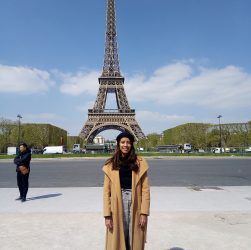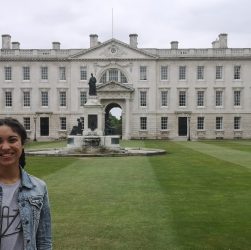France, 8-13 April 2019 What an experience, I am changed forever. Thank you so much to Stellenbosch University for allowing …


France, 8-13 April 2019 What an experience, I am changed forever. Thank you so much to Stellenbosch University for allowing …

Pre-departure: My International Summer School experience had been in the making for almost a year. I had known for a …
Pre-Departure: Swaziland, one of the smallest countries in Africa, is situated in Sub Saharan Africa bordered by South Africa and …